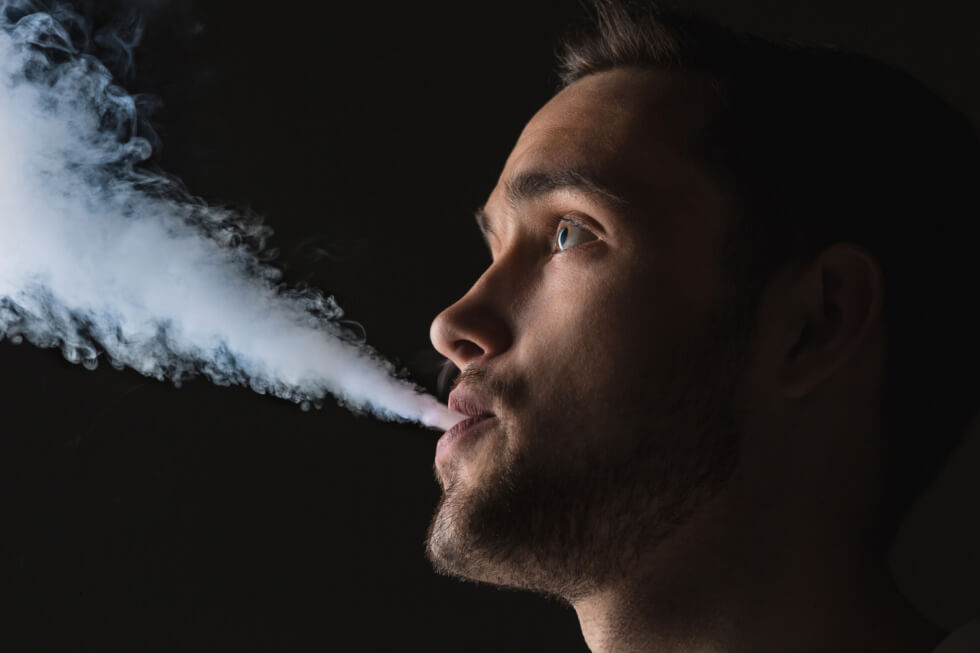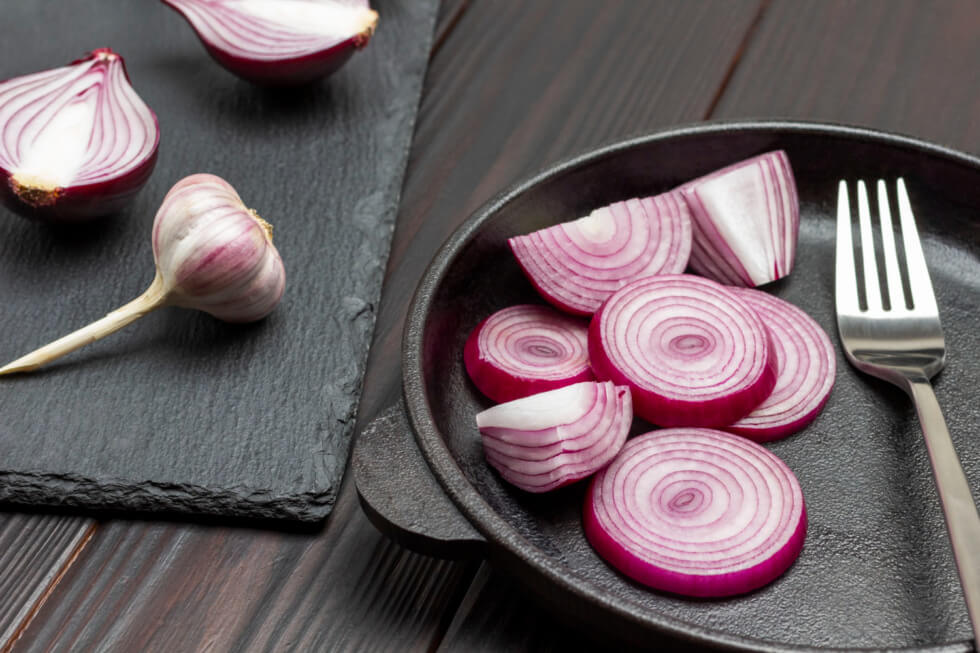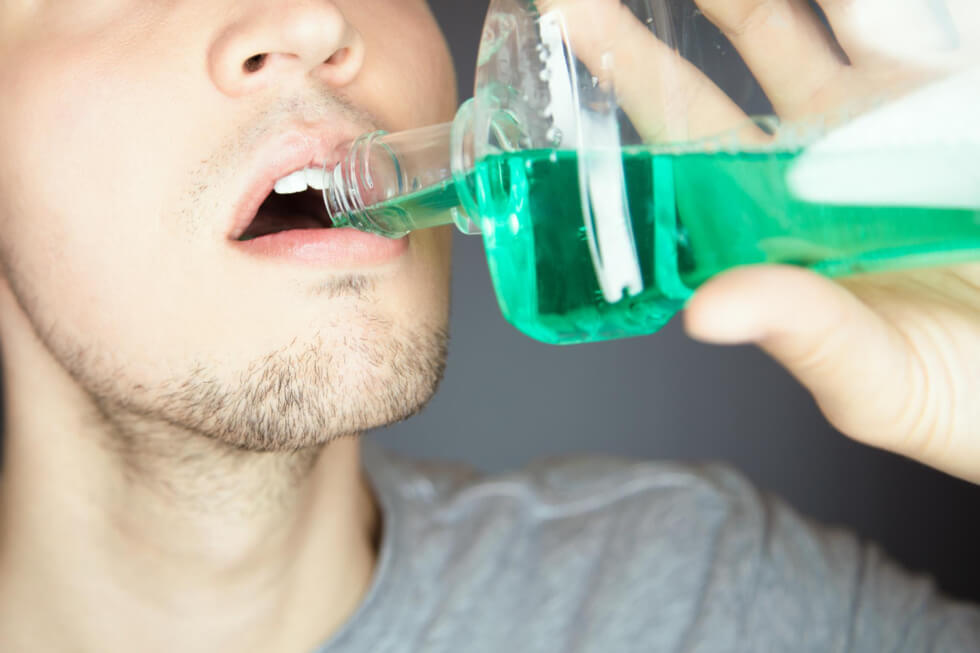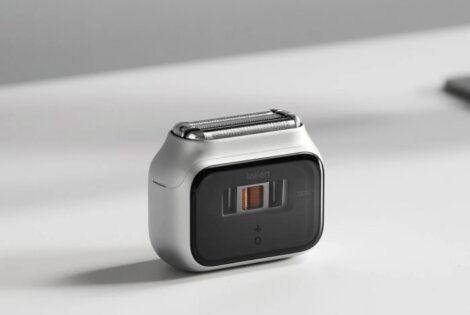Do you ever feel self-conscious when you speak because of your bad breath? You’re not alone, estimated rates of bad breath vary from 6% to 50% of the population. So, many people suffer from bad breath, which is also known as halitosis. Bad breath can be embarrassing and sometimes a sign of a bigger medical problem.
We all know that bad breath is unpleasant. But what causes bad breath, and how can we get rid of it? In this post, we’ll explore seven ways to get rid of bad breath, as well as six reasons why your breath might smell bad in the first place.
Contents
1. Morning Breath
You have morning breath because you’ve been sleeping with your mouth open, allowing saliva to dry up and bacteria to grow.

When you sleep, your body produces less saliva. This is because your body is in a resting state and doesn’t need to produce as much saliva to help with digestion. When saliva dries up, it provides a food source for bacteria that live in your mouth.
These bacteria produce sulfur compounds that cause the unpleasant smell of morning breath. Brushing your teeth and tongue before bed can help remove bacteria and food particles that contribute to morning breath.
Additionally, drinking plenty of water during the day will keep your saliva production up, helping to prevent morning breath. Finally, if you sleep with your mouth open, using a humidifier at night can help add moisture to the air and prevent your saliva from drying out.
2. Gum Disease
You have gum disease, which is caused by plaque buildup on your teeth. Plaque is a sticky film of food debris, bacteria, and saliva. Gum disease can cause bad breath, as well as pain and inflammation of the gums.
Plaque is a sticky film of food debris, bacteria, and saliva that constantly forms on teeth. If plaque isn’t removed through brushing, flossing, and professional cleanings, it can harden into tartar. Once tartar forms, it can only be removed through a professional cleaning.
Tartar buildup can lead to gum disease, which is an infection of the gums. Gum disease can cause bad breath, as well as pain and inflammation of the gums. If left untreated, gum disease can lead to tooth loss. Therefore, it’s important to remove plaque through daily brushing and flossing, as well as regular professional cleanings.
3. Cavities
You have cavities, which are holes in your teeth that can become infected. Cavities can also cause bad breath.
Cavities are a common problem, and most people will experience at least one in their lifetime.
Cavities are caused by the breakdown of tooth enamel, which is the hard outer layer of the tooth. This can be caused by various factors, including poor oral hygiene, acidic foods and drinks, and dry mouth.
Once the enamel is damaged, bacteria can enter the tooth and cause an infection. Cavities can cause a number of problems, including pain, sensitivity, and bad breath. If left untreated, cavities can lead to more serious issues, such as tooth loss. fortunately, cavities can be treated with fillings or crowns.
In addition, good oral hygiene habits can help to prevent cavities from forming in the first place.
4. Smoking
You’re a smoker. Smoking not only causes bad breath, but it also increases your risk for gum disease and cavities.

Did you know that smoking is not only bad for your lungs, but it can also lead to gum disease and cavities? That’s because the chemicals in cigarettes damage the tissue in your mouth, making it more susceptible to infection.
In addition, smoking decreases the flow of saliva, which helps to keep your mouth clean and free of bacteria. As a result, smokers are more likely to experience bad breath, as well as an increased risk for gum disease and cavities.
If you’re looking to improve your oral health, quitting smoking is one of the best things you can do.
5. Foods You Eat
You eat foods that cause bad breath, such as garlic or onion. These foods can leave an unpleasant smell on your breath that can last for hours or even days.

When you eat garlic or onion, the oily compounds in these foods can interact with the bacteria in your mouth to create sulfur compounds. These compounds are responsible for the bad smell of garlic breath and onion breath.
The odor molecules from these foods can also be absorbed into your bloodstream and expelled through your lungs, which is why your breath may still smell bad even after you brush your teeth or use mouthwash.
If you want to avoid bad breath, it’s best to avoid these odor-causing foods altogether. You can also try chewing on fresh mint leaves or drinking green tea, which can help to neutralize the odor-causing compounds in your mouth.
6. Alcohol
You drink alcohol, which can dry out your mouth and lead to bad breath. Alcohol also decreases saliva production, which can further aggravate the problem.

While drinking alcohol may be enjoyable in the moment, it can lead to some unpleasant side effects, such as bad breath. Alcohol can dry out your mouth, making it a breeding ground for bacteria.
Additionally, alcohol decreases saliva production, which helps to keep your mouth clean and free of bacteria. As a result, people who drink alcohol are more likely to have bad breath.
There are a few ways to combat this problem, such as drinking plenty of water and brushing your teeth regularly. However, the best way to avoid bad breath is to limit your alcohol consumption.
7. Dehydration
You’re dehydrated and your mouth is dry. When you’re dehydrated, your body doesn’t produce as much saliva. This can lead to a build-up of bacteria and other substances.
Dehydration can have a number of consequences for the body, one of which is a dry mouth. When saliva production decreases, it provides an ideal environment for bacteria to grow.
In addition, the sticky consistency of saliva helps to keep food particles and other debris from clinging to teeth. Without enough saliva, these substances can build up on teeth and lead to cavities. Dry mouth can also cause bad breath.
Thus, it is important to stay hydrated in order to maintain oral health. Drinking plenty of water throughout the day will help to keep saliva production high and prevent the build-up of harmful substances on teeth.
If you’re struggling to stay hydrated, there are also a number of supplements and foods that can help. For example, water-rich fruits and vegetables, such as cucumbers and watermelons, can help to keep your body hydrated. In addition, there are a number of oral rehydration solutions that can be used to replenish fluids and electrolytes.
How to Get Rid of Bad Breath?
1. Brush and floss regularly:
Plaque and bacteria can build up on teeth and gums, causing bad breath. Brushing and flossing regularly helps to remove plaque and bacteria, keeping the mouth clean and fresh.
2. Use a tongue scraper:
The tongue can harbor bacteria and food particles that contribute to bad breath. A tongue scraper can help to remove these from the tongue, freshening the breath.
3. Drink plenty of water:
Dry mouth can cause bad breath as saliva is not produced to help wash away food particles and bacteria. Drinking plenty of water helps to keep the mouth moist and free from odor-causing bacteria.
4. Chew sugar-free gum:
Chewing gum stimulates the production of saliva, which helps to wash away food particles and bacteria that contribute to bad breath. Chew sugar-free gum or mints to freshen your breath. This will help mask the smell of bad breath.
5. See your Dentist Regularly
See your dentist regularly for professional cleanings. This will help remove plaque and tartar buildup that can cause bad breath.
6. Use a Tounge Scraper
Use a tongue scraper to clean your tongue. This will help remove bacteria and other substances that can cause bad breath.
7. Rinse after Eating
Rinse your mouth with water after eating. This will help remove food particles and bacteria that can cause bad breath.







